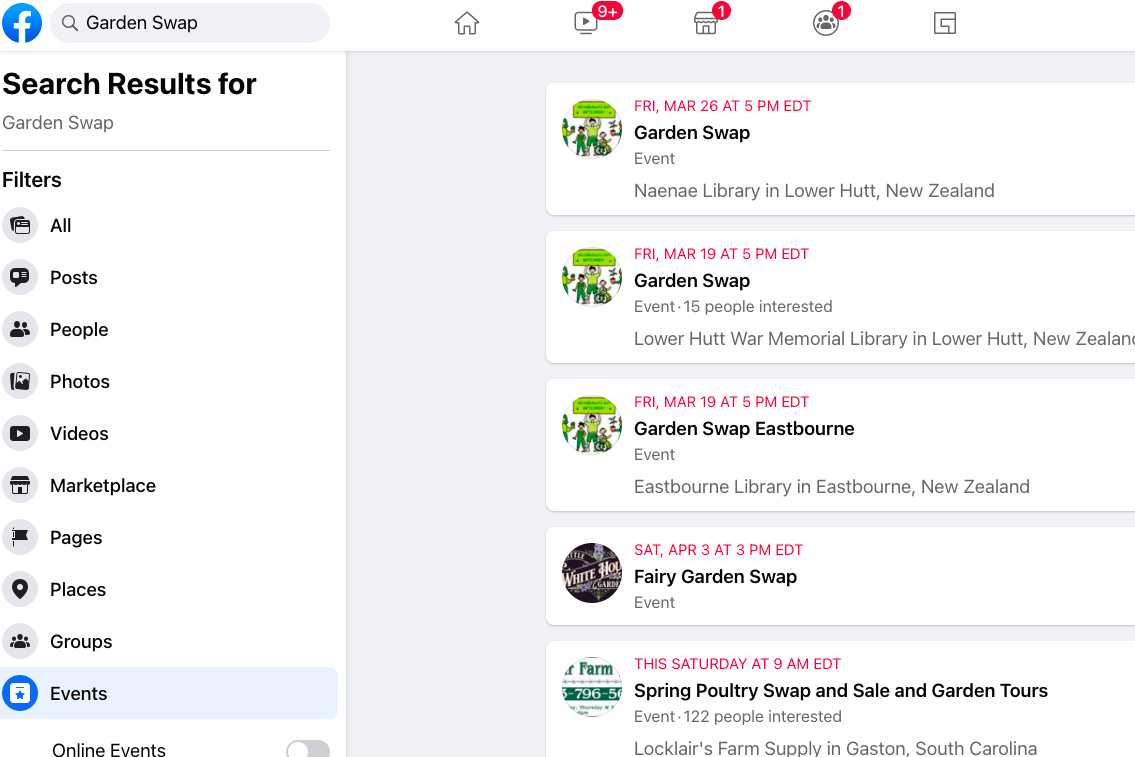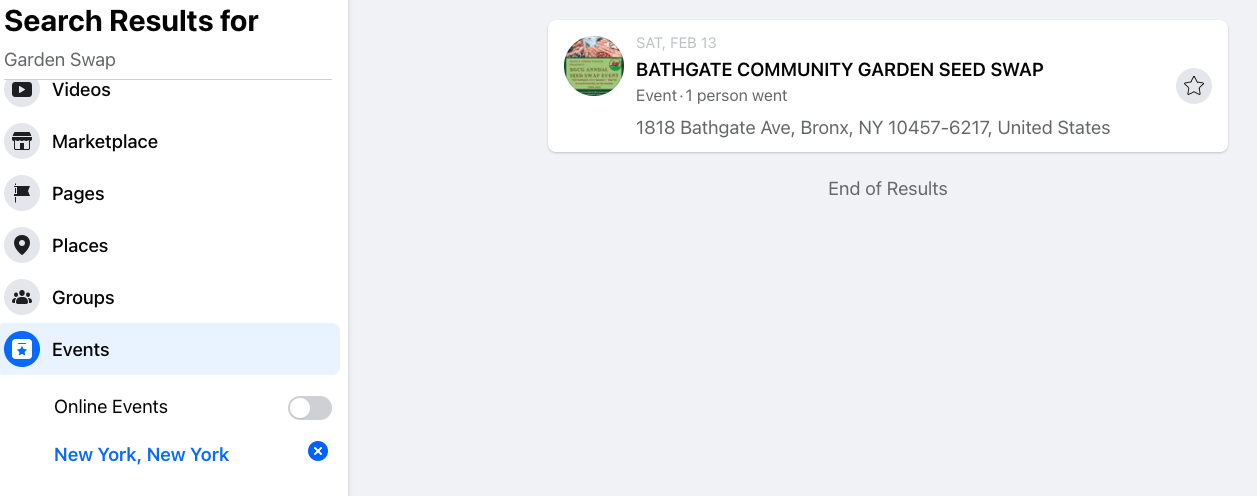by Matthew Golabek
Today’s world has people afraid, angry, and traumatized by both COVID-19 and global events. It makes our jobs as investigators difficult. Fear of offending someone or being characterized as falsely reporting something has started to affect security—in and out of uniform. If a protest group is terrorizing the neighborhood or burning down the police department, report that in your investigative findings. The greatest disservice you as an analyst can do is to sugar coat your research results to appease a traumatized client.
As an intelligence analyst, your core purpose—your calling—is to report the facts as accurately as possible. It’s difficult to monitor and report on oppressed groups protesting with real claims. Yes, their arguments may be legitimate and should be heard, however the investigator’s job is to research and inform. If you always say “Yes” to your boss and report only findings that support your boss’s argument, then you are not an analyst.
Hg’s work has involved monitoring cyber-grown protest groups (the Boogaloo movement, Antifa, Q’Anon, Proud Boys, etc.). To us, this work is no different than investigating counterfeiters, gangs, and Anonymous. Our findings are often striking: Anti-vaxxer soccer moms protesting alongside burly gun advocates.
Your job, dear analyst, is not to judge but to explain the facts as you find them. If the person reading your legitimate, well-researched report becomes upset with the well-founded results, you have successfully done your job.
In this timely blog series on predictive intelligence Hg’s Matthew Golabek discusses how to assess risks by tracking people and events through social media monitoring. This week, he focuses on Facebook.
Online Risk Monitoring
In today’s digital society, physical surveillance is not an effective first step in investigation. Planting a private investigator outside a building for hours on end can be expensive and fruitless, considering results may be minimal. Actually, with today’s personal camera systems, such as Nest and Ring, the investigator performing surveillance is often the person being watched. With social media being used for announcing (blaring?) personal agendas and big events—all tied by location—the good news is that we can sit back in our offices and be hyper-focused on what assets are used where for our investigations and security work.
Facebook is arguably the easiest and most useful platform to monitor location-specific events. To search for events using Facebook, type a keyword or keywords into Facebook’s search bar which is located at the top of the Facebook webpage. Doing so will aggregate everything about your keyword such as posts, profiles, photos, and videos.

While a good start, the initial results will be too broad for our search needs. To narrow the results further, click on the Events tab located at the top of the screen just below the search bar used in the first step. Here is where any event regarding the chosen keyword will be gathered. However, note that the events listed here are not specific to a certain region; they are simply a long list of events that are occurring anywhere in the world.
The search results need to be further narrowed down by location and date. On the left side of the current screen are the filters for Location and Date. Under the Location filter, click the option Choose a City. Another small search bar will open where any city in the world can be searched against. The located long list of events will be filtered by whichever city is chosen. Searching by Date is another filter to use on the list of search results. There are six options when it comes to filtering by Date: any date; today; tomorrow; this week; this weekend; and next week. By selecting This Weekend, all of the now location-specific events that are occurring this weekend will be listed and no others.
 Now that the events are filtered to Location and Date, a great amount of useful information can be obtained. Typically, an event page will provide information such as the name of the event; the person, people, or group that is hosting the event; the date, time, and location of the event; and details about the event. However, note that all of this information does not always appear on every presented event.
Now that the events are filtered to Location and Date, a great amount of useful information can be obtained. Typically, an event page will provide information such as the name of the event; the person, people, or group that is hosting the event; the date, time, and location of the event; and details about the event. However, note that all of this information does not always appear on every presented event.
It’s Not Really About Garden Seed Swaps
Marches, social rights movements, the Boogaloo movement, Antifa, anti-vaxxers, and open-the-schools protests are increasing the need for online awareness of who is meeting when. Our intent is to help peaceful protests remain on-point and to keep life, property, and reputations intact. Knowing when these events occur allows security teams to remain currently aware so that no one gets hurt in the process.
As one can conclude from reading about Facebook, there are numerous reasons why social media would be used to locate and monitor location-specific events—whether it be for a large, peaceful gathering of individuals that could have an effect on the local area, or it be for a small, violent social movement group that is planning to target someone or someone’s property.
Whatever the case may be, social media will often easily provide information and details about the situation prior to its occurring, during the event itself, as well as all discussions and conversations about the event after it has been completed.

Are you an analyst or investigator looking for advanced OSINT training on predictive intelligence and risk monitoring? If so, check out Hg’s webinar series on social media investigative training, where you can attend live sessions and receive CEUs or watch previously recorded sessions to beef up your investigative skills.
 Are you concerned about your company’s or employees’ social media imprint? Has you or your company been the target of a protest? Using proprietary software and popular current awareness vendor tools, Hetherington Group monitors over 20 million sources, sites, and Dark Web markets. As an extension of your own security and intellectual property team, our seasoned professional analysts conduct continuous monitoring for executives and company and brand names.. Learn how our team can assist you in assessing and monitoring your risks.
Are you concerned about your company’s or employees’ social media imprint? Has you or your company been the target of a protest? Using proprietary software and popular current awareness vendor tools, Hetherington Group monitors over 20 million sources, sites, and Dark Web markets. As an extension of your own security and intellectual property team, our seasoned professional analysts conduct continuous monitoring for executives and company and brand names.. Learn how our team can assist you in assessing and monitoring your risks.

Mattthew Golabek is an investigative analyst at Hetherington Group, where he specializes in online risk assessments. Mr. Golabek has a keen eye for extracting content from social media accounts, tracking activities and monitoring subjects for clients from a wide range of industries, including pharmaceutical, technological, retail, and entertainment.He is a contributing writer to Hg’s Data2Know, Industry Undercover, and OSINT Slack channels. On his lunch break, he can be found outside playing frisbee with his four-legged colleagues.



